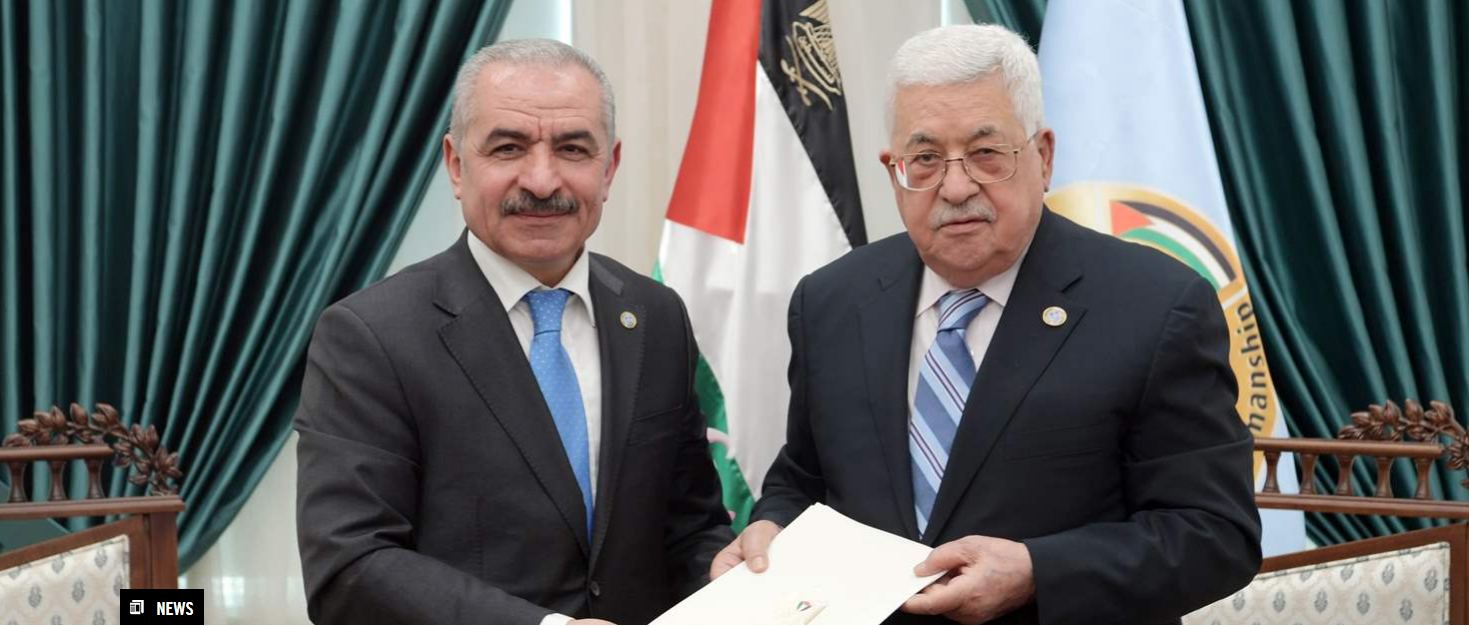The State of Palestine’s new government must seize the opportunity to reverse the appalling deterioration of human rights that took place under the previous administration and signal that it is serious about meeting its international obligations, Amnesty International. Mohammad Shtayyeh, the newly appointed prime minister, is expected to form a government in the coming days.
Since June 2014, when the national consensus government led by former Prime Minister Rami Hamdallah came to power, Amnesty International has documented escalating human rights violations by Palestinian security forces in the West Bank despite the State of Palestine having joined international human rights treaties. These include excessive use of force, arbitrary arrests, the use of torture and other forms of ill-treatment leading to deaths in custody, and an intensified crackdown on freedom of expression and civil society.
“In recent years Palestinian activists, human rights defenders, civil society organizations and journalists have faced a chilling onslaught by the Palestinian authorities in the West Bank and Gaza. The new Palestinian government must not repeat mistakes of the past. Instead of attacking critical voices, it must ensure that the rule of law and rights and liberties are protected,” said Saleh Higazi, Deputy Middle East and North Africa Director at Amnesty International.
“The new government must signal a sincere commitment to respecting its international human rights obligations by taking immediate steps to ensure that all laws and policies protect the rights and liberties of individuals under its authority.”
In its annual review of human rights in Palestine, Amnesty International highlighted concerns regarding violations, particularly by security forces, of civil and political rights. Reports from local human rights organizations, including Palestine’s national human rights institution the Independent Commission for Human Rights (ICHR) and the Palestinian Center for Development Media Freedoms, indicate arbitrary arrests and detention, torture and other ill-treatment, and violations of freedom of expression and assembly by Palestinian authorities in the West Bank and Gaza are becoming institutionalized.
Many of these violations stem from the increasing repression of dissent in the context of ongoing political disputes between the administrations in the West Bank and Gaza since 2007. Amnesty International has documented the targeting of media, NGOs, demonstrators and others in the West Bank who oppose the Fatah-led government’s policies.
In 2017, the Palestinian authorities in the West Bank introduced the Electronic Crimes Law, imposing tight controls on media freedom and permitting the arbitrary detention and imprisonment for up to 15 years of anyone criticizing the Palestinian authorities online, including journalists and whistle-blowers. Under the legislation, anyone deemed to have disturbed “public order”, “national unity” or “social peace” faces heavy fines and up to 15 years of hard labour in prison. Amnesty International has documented dozens of cases of activists, human rights defenders and journalists who have been prosecuted under this law in the West Bank.
In Gaza, the Hamas de facto administration continued crackdowns on freedom of expression and peaceful assembly by using excessive force to disperse peaceful protests and arbitrary arrests and detention against people criticizing its rule. Gaza courts continued to hand down death sentences in proceedings that fail to meet international fair trial standards.
Impunity fuelling violations
Torture and other ill-treatment in custody continue to be committed with impunity by Palestinian police and other security forces in the West Bank, and by Hamas police and other security forces in Gaza. The ICHR estimates the number of victims to be in the hundreds.
Palestinian authorities in the West Bank have increasingly used a 1954 law that allows individuals to be detained without charge or trial indefinitely on the order of a regional governor. In 2018 alone, the ICHR documented 201 cases of such detentions.
In the rare cases where the Palestinian authorities have taken steps to hold perpetrators within the police and security forces accountable for human rights violations, they have resorted to disciplinary measures rather than criminal prosecutions, even in cases where suspects are accused of using abusive or arbitrary force.
“The near-total lack of accountability under previous governments has fuelled a climate of impunity which has encouraged the continued use of excessive force and other abuses by Palestinian police and other security forces today,” Saleh Higazi said.
“Palestinians, whose rights have already been routinely crushed by Israel’s occupation, must not be brutalized and repressed by their own government. The new government must take effective measures to improve the human rights of all its people.”
Background
On 29 January Palestinian President Mahmoud Abbas accepted the resignation of the government of national consensus led by Prime Minister Rami Hamdallah, which had been in power since June 2014.
The national consensus government had minimum authority in the Gaza Strip, which is ruled by the Hamas de facto administration.
The new government formation follows a Supreme Constitutional Court decision on 12 December 2018 to dissolve the Palestinian Legislative Council, which is dominated by Hamas, and hold legislative elections within six months.
For more information please contact: Lucy Scholey, Media Relations, 613-744-7667 ext 236 lscholey@amnesty.ca





















